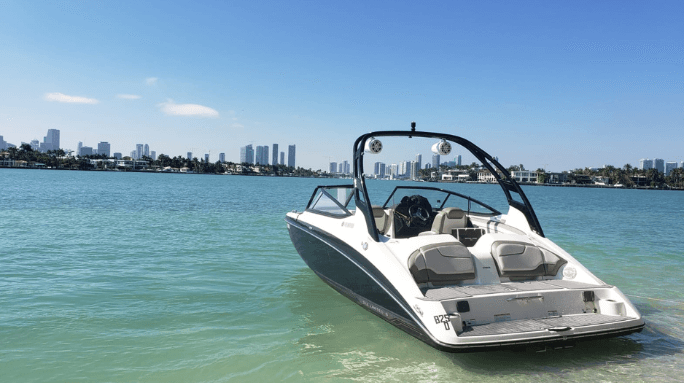Boat towing demands a nuanced approach, varying greatly depending on the vessel type. Mastering the art of towing diverse boats ensures a safe and efficient towing experience for both the towing crew and the vessel being towed. Remember, entrusting professional towing services like BOAT TOWING DAYTONA, FL can alleviate stress and guarantee a professional approach to handling diverse vessels during towing operations. Their experienced crews and specialized equipment cater to various boat types, ensuring a secure and efficient towing process. Let's explore insightful tips for handling various types of boats when it comes to towing:
1. Understanding Boat Types and Their Unique Requirements
Different boat types, such as sailboats, motorboats, yachts, and pontoons, have distinct characteristics influencing their towing needs. Understanding these differences is crucial. For instance, sailboats might require special handling to avoid damage to masts or rigging, while motorboats need secure anchoring to the towing vessel.
2. Choosing the Right Towing Equipment
The choice of towing equipment plays a pivotal role in safe and effective towing. Selecting appropriate towlines, harnesses, and bridles tailored to the specific boat type ensures stability and minimizes the risk of damage during towing. Additionally, understanding the weight and dimensions of the vessel is crucial in selecting the right towing gear.
3. Properly Securing and Distributing Weight
Before towing any vessel, ensure that all loose items are secured and weight distribution is balanced. This prevents unnecessary strain on the towing equipment and maintains stability during the towing process. Properly securing hatches, stowing loose gear, and distributing weight evenly help in safe and smooth towing.
4. Navigating Special Considerations for Larger Vessels
Handling larger vessels like yachts or houseboats requires additional expertise. Understanding the vessel's draft, height, and maneuverability is essential to plan the towing operation effectively. Utilizing professional towing services, like those offered by Flagship Towing, equipped with expertise and specialized equipment for larger vessels, ensures a safer towing experience.
5. Adhering to Safety Protocols and Regulations
Compliance with safety protocols and maritime regulations is non-negotiable in boat towing. This includes using proper lighting, displaying required signals, and following speed limits and navigation rules. Staying updated with local boating laws and regulations is imperative to avoid legal issues during towing.
Navigating the complexities of boat towing demands meticulous attention to detail and a comprehensive understanding of each vessel's unique requirements. Whether it's a small dinghy or a massive yacht, employing these expert tips ensures a smoother and safer towing experience.
In conclusion, mastering the art of boat towing involves a deep understanding of different vessel types, meticulous preparation, and adherence to safety measures. By following these expert tips and leveraging professional towing services like Flagship Towing, boaters can navigate towing challenges with confidence, ensuring a safe and hassle-free experience for all involved.

